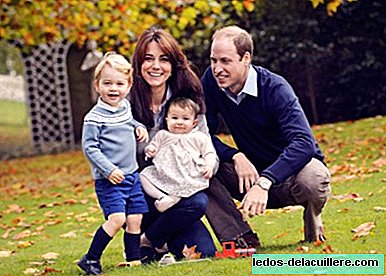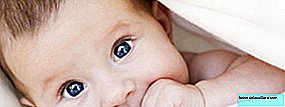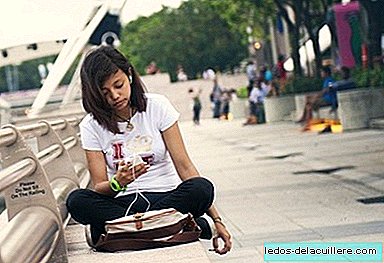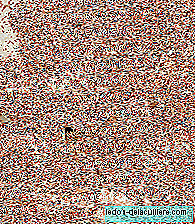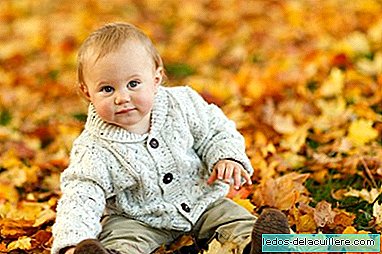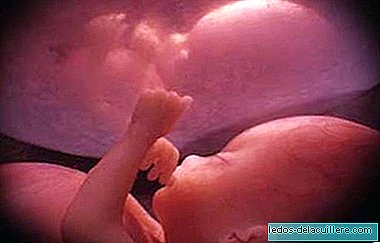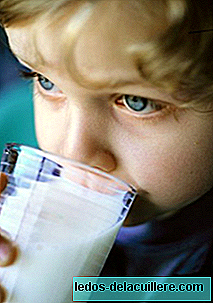
The Hispanic Osteoporosis and Bone Metabolic Diseases Foundation has released a worrying fact.
60% of Spanish children have vitamin D deficiency, essential for the absorption of calcium in the body and of course, very important for the proper development of bone mass in childhood.
The funny thing is that vitamin D, which can be found in some foods and is also produced in the body thanks to the action of the sun's rays, is lower in Spanish children than in children who live in much less sunny countries such as from northern Europe.
The explanation could be that in those countries it has another culture of the sun and that children consume foods enriched with vitamin D, something demanded by specialists who also perform in Spain.
Those responsible for this large deficit of vitamin D are diet, lack of exercise and few outdoor activities. Foods rich in vitamin D are dairy, blue fish, butter, some vegetables such as chard, lettuce, spinach and cabbage, mostly foods that are not very well accepted by children.
It is important that children consume between 4 and 5 daily milk measures, possibly supplemented with this vitamin to cover the deficit in the body.
In addition to diet, exercise is essential for healthy bones. Children who exercise have a bone mass 20% stronger than children who do not practice it.
The doctors explain that the summer sun is not enough to collect vitamin D for the rest of the year, as sun creams block the passage of the sun's rays responsible for generating the vitamin in the body.
Therefore, given this great deficit of vitamin D in children and considering the importance it has for the growth of healthy bones, preventing fractures and diseases such as rickets and osteoporosis, experts insist the authorities on the importance of enriching with Vitamin D some dairy products such as milk and yogurts, so consumed by children.


